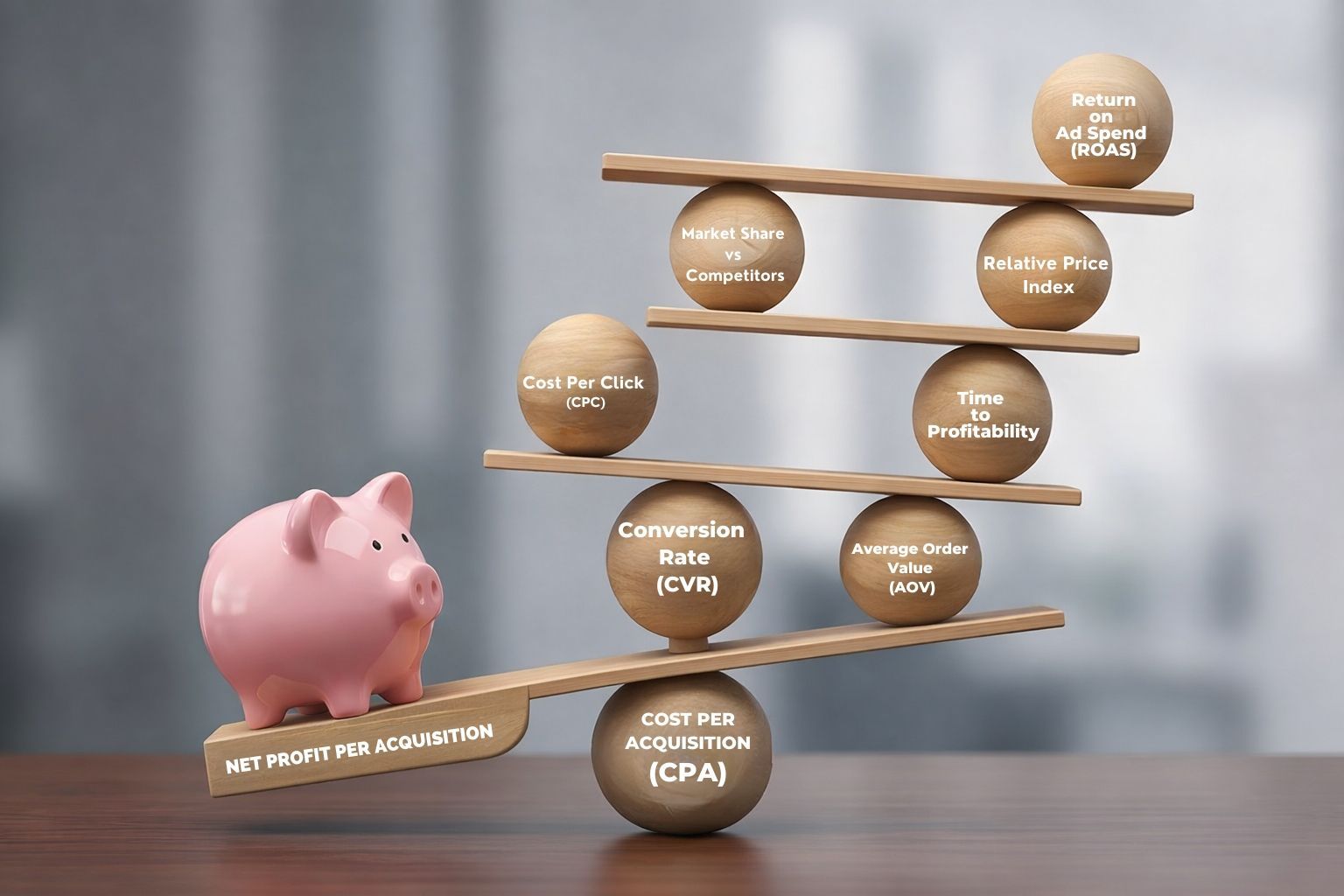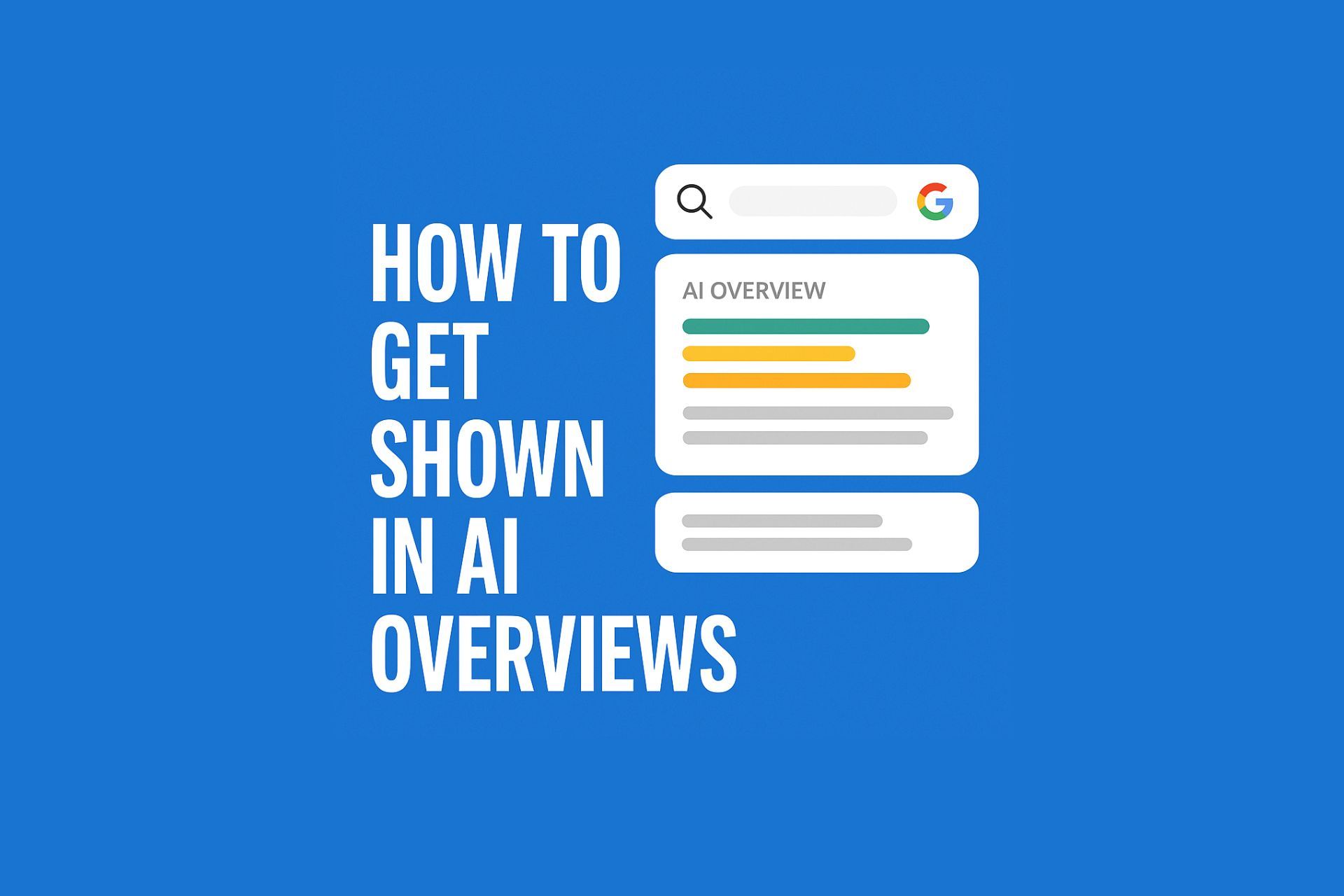Understanding Digital Marketing
Small businesses are the backbone of any economy, but they often lack the resources and expertise to compete with larger, more established companies.
However, with the advent of digital marketing, small businesses can now level the playing field and compete on an equal footing. In this eBook, we will explore why small businesses need to consider a digital marketing plan and budget, and provide detailed information on how they can do so effectively.
Section 1: Understanding Digital Marketing
Digital marketing is the practice of promoting products or services using digital channels such as the internet, social media, mobile devices, and search engines. It is a cost-effective and measurable way for small businesses to reach their target audience, build brand awareness, and drive traffic to their website. However, before developing a digital marketing plan, it is important to understand the different types of digital marketing channels and how they work.
- Search Engine Optimization (SEO): SEO is the practice of optimizing a website to rank higher in search engine results pages (SERPs). This is done by improving the website's content, structure, and metadata to make it more attractive to search engines. The higher a website ranks in SERPs, the more likely it is to be clicked on by users, which can lead to more traffic and conversions.
- Pay-per-click (PPC) Advertising: PPC is a type of online advertising where businesses pay for each click on their ads. These ads are typically displayed at the top of SERPs or on social media platforms. PPC is an effective way to quickly generate traffic and leads, but it can be expensive if not managed properly.
- Social Media Marketing: Social media marketing involves promoting a business or product on social media platforms such as Facebook, Twitter, and Instagram. It is an effective way to build brand awareness, engage with customers, and drive traffic to a website.
- Content Marketing: Content marketing involves creating and sharing valuable content such as blog posts, videos, and infographics to attract and engage a target audience. It is an effective way to build brand awareness, establish authority, and drive traffic to a website.
Section 2: Developing a Digital Marketing Plan
Once a small business has a basic understanding of digital marketing channels, it can begin developing a digital marketing plan. A digital marketing plan is a document that outlines a business's goals, target audience, budget, and digital marketing strategies. It is important to develop a digital marketing plan before executing any digital marketing strategies to ensure that resources are used effectively and efficiently.
- Define Goals: The first step in developing a digital marketing plan is to define specific and measurable goals. Goals can include increasing website traffic, generating leads, improving conversion rates, or building brand awareness. Defining goals will help businesses focus their digital marketing efforts and measure their success.
- Define Target Audience: The next step is to define the target audience. This includes identifying demographics such as age, gender, location, and interests. Defining the target audience will help businesses create content and choose digital marketing channels that will resonate with their target audience.
- Develop a Budget: Once the goals and target audience have been defined, it is important to develop a budget. The budget should include costs for website development, SEO, PPC advertising, social media marketing, content marketing, and any other digital marketing channels that will be used.
- Choose Digital Marketing Channels: After the budget has been defined, businesses can choose the digital marketing channels that will be used. It is important to choose channels that will resonate with the target audience and align with the business's goals.
- Create a Content Strategy: Content is a critical component of digital marketing. Once digital marketing channels have been chosen, businesses can create a content strategy that aligns with their goals and target audience. This includes creating blog posts, videos, infographics
- Establish Metrics for Measuring Success: It is important to establish metrics for measuring the success of a digital marketing plan. This includes tracking website traffic, leads generated, conversion rates, social media engagement, and other key performance indicators (KPIs). Measuring success will help businesses determine the effectiveness of their digital marketing strategies and make adjustments as needed.
- Implement and Monitor the Digital Marketing Plan: After the digital marketing plan has been developed, it is important to implement the strategies and monitor their effectiveness. This includes regularly reviewing website analytics, social media engagement, and other KPIs to determine if the digital marketing strategies are working as intended.
Section 3: Reasons Why Small Businesses Need to Deploy Digital Strategies
Small businesses need to deploy digital marketing strategies for a variety of reasons. These include:
- Cost-Effective: Digital marketing is a cost-effective way for small businesses to reach their target audience. Unlike traditional marketing channels such as print, radio, and TV ads, digital marketing channels can be more targeted and cost-effective.
- Increased Visibility: Digital marketing can help small businesses increase their visibility and reach a larger audience. By optimizing their website for search engines and promoting their products or services on social media, small businesses can reach potential customers who may not have heard of them otherwise.
- Improved Customer Engagement: Digital marketing channels such as social media and email marketing allow small businesses to engage with their customers and build relationships. By responding to customer inquiries and providing valuable content, small businesses can establish trust and loyalty with their customers.
- Measurable Results: Digital marketing provides small businesses with measurable results. By tracking website analytics, social media engagement, and other KPIs, small businesses can determine the effectiveness of their digital marketing strategies and make adjustments as needed.
- Increased ROI: Digital marketing can provide a higher ROI compared to traditional marketing channels. By targeting specific audiences and using cost-effective digital marketing channels, small businesses can generate leads and sales at a lower cost.
Section 4: Developing a Digital Marketing Budget
Developing a digital marketing budget is an important step in deploying digital marketing strategies. A digital marketing budget should take into account the costs associated with website development, SEO, PPC advertising, social media marketing, content marketing, and any other digital marketing channels that will be used.
The following steps can help small businesses develop a digital marketing budget:
- Determine Marketing Goals: The first step in developing a digital marketing budget is to determine the marketing goals. This includes identifying the target audience, determining the marketing channels that will be used, and setting specific and measurable goals.
- Research Costs: Once the marketing goals have been determined, small businesses should research the costs associated with each marketing channel. This includes website development costs, PPC advertising costs, social media marketing costs, content marketing costs, and any other digital marketing channel costs.
- Allocate Resources: After researching costs, small businesses should allocate resources to each marketing channel. This includes determining how much will be spent on website development, SEO, PPC advertising, social media marketing, content marketing, and any other digital marketing channels that will be used.
- Monitor Spending: After the digital marketing budget has been developed, it is important to monitor spending to ensure that resources are being used effectively and efficiently. This includes tracking website analytics, social media engagement, and other KPIs to determine the effectiveness of the digital marketing strategies.
Section 5: Conclusion and Checklist
In conclusion, small businesses need to consider a digital marketing plan and budget in order to compete in today's digital marketplace. Digital marketing provides small businesses with a cost-effective and measurable way to reach their target audience, build brand awareness, and drive traffic to their website. The following checklist can help small businesses develop an effective digital marketing plan:
- Define specific and measurable marketing goals
- Determine the target audience and research their online behavior
- Develop a website that is optimized for search engines
- Create valuable content that resonates with the target audience
- Establish a social media presence and engage with customers
- Allocate resources to each digital marketing channel based on their potential return on investment
- Develop metrics for measuring success and regularly monitor website analytics, social media engagement, and other KPIs
Make adjustments as needed to improve the effectiveness of digital marketing strategies
By following these steps and deploying digital marketing strategies, small businesses can compete in today's digital marketplace and grow their business. It is important to remember that digital marketing is not a one-time effort but an ongoing process that requires regular monitoring and adjustments. Small businesses that prioritize digital marketing and develop a digital marketing budget can achieve their marketing goals and grow their business in today's digital age.
Checklist:
- Develop specific and measurable marketing goals
- Research target audience and online behavior
- Optimize website for search engines
- Create valuable content
- Establish social media presence and engage with customers
- Allocate resources to each digital marketing channel
- Develop metrics for measuring success
- Monitor website analytics, social media engagement, and other KPIs
- Make adjustments as needed to improve effectiveness
- Regularly review and adjust the digital marketing plan and budget as needed to ensure continued success
- Stay up to date with digital marketing trends and best practices to remain competitive in the marketplace
In conclusion, small businesses need to consider a digital marketing plan and budget in order to remain competitive in today's digital marketplace. Digital marketing provides a cost-effective and measurable way to reach target audiences, build brand awareness, and drive traffic to a business's website. By following the steps outlined in this e-book and using the checklist provided, small businesses can develop an effective digital marketing plan and budget that will help them achieve their marketing goals and grow their business. Remember, digital marketing is an ongoing process that requires regular monitoring and adjustments to remain effective. Stay up to date with digital marketing trends and best practices to remain competitive in today's ever-evolving digital marketplace.

















